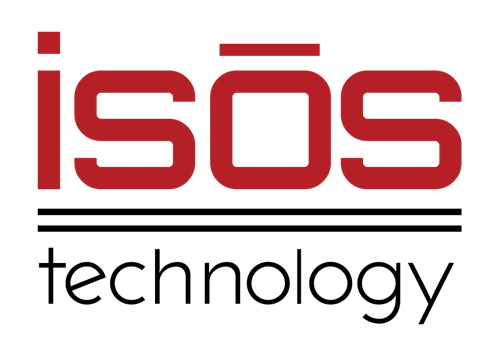 Digital transformation, which has become a focus for most Enterprise-level organizations, focuses on transitioning more software solutions to the cloud, the ongoing adoption of Agile and DevOps, changing customer expectations for enhanced service experiences, and the idea of extending IT service desk practices and tools to other areas of the business. So why should you and your organization care?
Digital transformation, which has become a focus for most Enterprise-level organizations, focuses on transitioning more software solutions to the cloud, the ongoing adoption of Agile and DevOps, changing customer expectations for enhanced service experiences, and the idea of extending IT service desk practices and tools to other areas of the business. So why should you and your organization care?
The unpredictability of the market, in addition to the adoption of these new approaches, is putting unprecedented pressure on ITSM teams. In addition, the role of ITSM in supporting the business is fundamentally changing. There is a growing dependence on IT in supporting business agility, and critical business systems are creating demand for more dynamic and flexible business infrastructure. ITSM teams must work smarter and faster to meet the increasing needs of the business, and they need underlying technology solutions that better connect them to it and streamline their work. Atlassian Jira Service Management is one such solution.
In this whitepaper, we will explore key trends that are putting increased pressure on ITSM teams and creating the need for more modern ITSM solutions, as well as the features, functionality, and benefits of Atlassian Jira Service Management (JSM) and how it helps ITSM teams bridge the technology gap. We also dive into JSM use cases beyond ITSM, including incident, problem, change, knowledge, enterprise service, asset, and configuration management.
What You’ll Learn:
- Why the need exists for a more modern ITSM solution for organizations in today’s quickly innovating world
- The total economic impact of JSM as an ITSM solution for organizations that have implemented it
- How JSM can help accelerate digital transformation and support a modern enterprise
- And much more!
Sign up to receive more great content
Learn more about Atlassian and how Isos can help by signing up to receive our latest blogs, eBooks, whitepapers and more.













